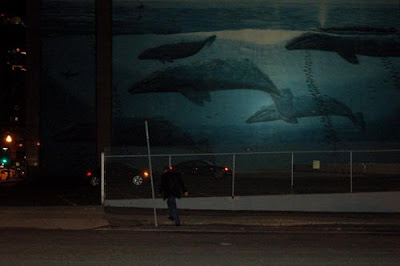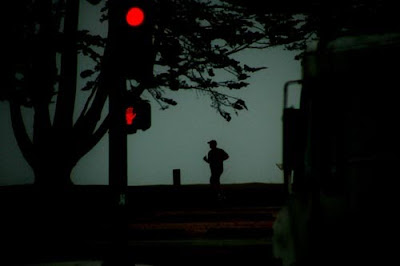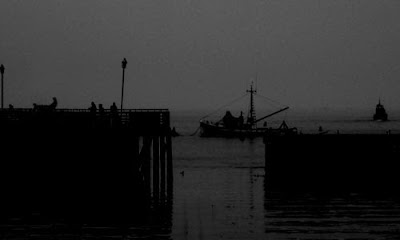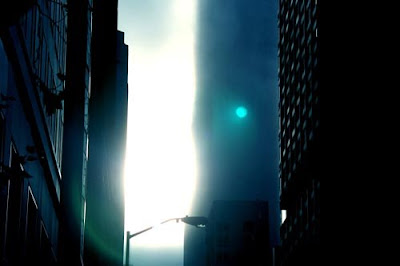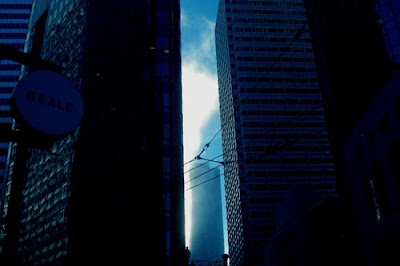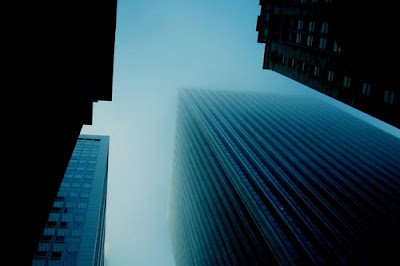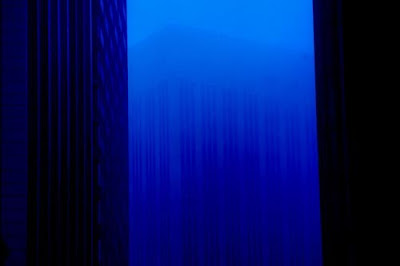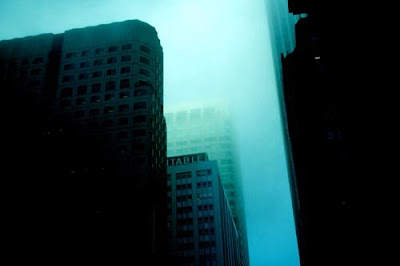Most places aren't really that interesting. I'm stating this as a fact. It's mainstream living and not- hing more.
But here's where photography makes a twist: it opens up a place. What used to be boring could suddenly become the only thing worth shooting.
I guess this is the main reason why photography has taken such a hold on me, although I sense something way darker underneath this enthusiasm, a kind of sadness, or nihilism, when an idea empties out and the photographs stops radiating.






Susan Sontag writes: "[...] essentially the camera makes everyone a tourist in other people's reality, and eventually in one's own." (On Photography, 1977)
But here's where photography makes a twist: it opens up a place. What used to be boring could suddenly become the only thing worth shooting.
I guess this is the main reason why photography has taken such a hold on me, although I sense something way darker underneath this enthusiasm, a kind of sadness, or nihilism, when an idea empties out and the photographs stops radiating.






Susan Sontag writes: "[...] essentially the camera makes everyone a tourist in other people's reality, and eventually in one's own." (On Photography, 1977)

